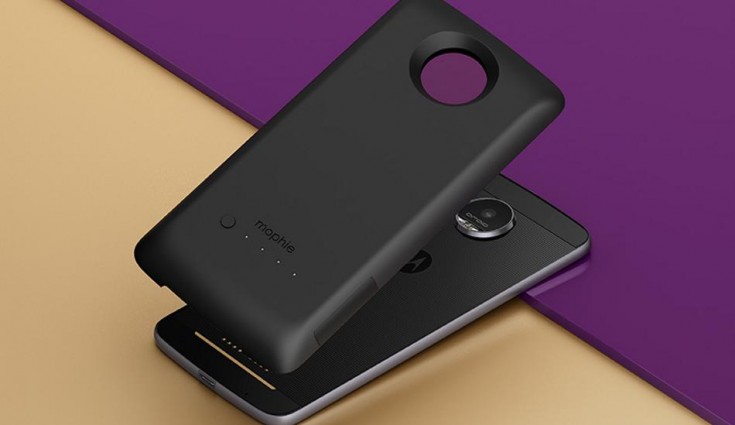A decade back, people used to note down phone numbers and other important numbers on some diary and notebook. But things have changed. Now everything has gone digital. From banking to sending messages, everything is done electronically. But the awareness about digital safety is still not there. Many still do some silly mistakes that cost them dearly.
Saving passwords on browser
Passwords are the first set of security. But as the saying goes, never put all your eggs in one basket. Even if you secure your online accounts with most unpredictable passwords, if you save them on browsers, you are just negating your hardwork.
Notably, most of us use a particular Browser across devices, be it Google Chrome or Firefox, as the browsers make it easier for us to remember passwords for the websites we visit regularly. However, at the same time, it makes us vulnerable to hackers.
Not securing devices fully
Mobile phones have multiple security features. There is Password feature apart from pattern mode as well as a fingerprint scanner. On the other hand, PCs too have password protect feature.
But we most often neglect the security features and leave the devices vulnerable to unauthorised access. Even a minute of access is enough for someone to find your private pictures or make an unauthorised purchase using your banking details.
Storing pictures of important documents on cloud
Cloud storages offer a handy way to store documents and pictures online. It is also the cheaper way to store things than hard drives. Besides, you can access things stored on cloud from anywhere as long as you have access to internet.
However, anything that is in the Web is also prone to hacks. We do not mean to say that all cloud storages are hackable but there is a chance, especially if you use poor passwords for the cloud account. Hence be very careful about what you store online.
Using public WiFi, computers for financial transactions
It has already been proven that using public WiFi or computers is one of the most riskiest thing to do, especially for financial transactions.
“The biggest threat to free Wi-Fi security is the ability for the hacker to position himself between you and the connection point. So instead of talking directly with the hotspot, you’re sending your information to the hacker, who then relays it on,” explains Kaspersky.
While working in this setup, the hacker has access to every piece of information you’re sending out on the Internet: important emails, credit card information and even security credentials to your business network. Once the hacker has that information, he can — at his leisure — access your systems as if he were you, it added.
However, there are safeguards too. You can use a VPN connection while using unsecured connections like a public WiFi. You can also enable the “Always Use HTTPS” option on websites that you visit frequently, or that require you to enter some kind of credentials.This way you can keep your passwords encrypted. Turning off sharing feature and keeping WiFi off are also recommended while using shared networks.
Predictable passwords
Most people use predictable passwords, like their birthdays, names or just things like QWERTY or 12345 etc. Infact when it comes to passwords becoming grammatically correct can also be harmful. Security experts thus always advise to use wrong spelling as passwords which make it very difficult to guess. Regularly changing passwords is also recommended.


